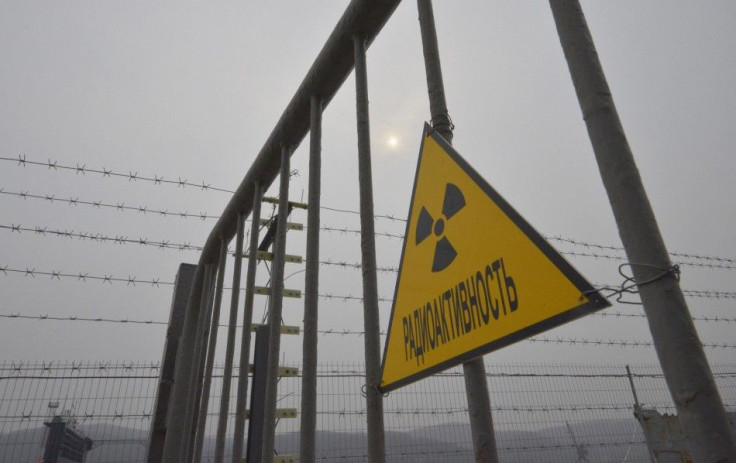Cases of Fukushima-Related Cancers Unlikely to Grow – UN

The United Nations Scientific Committee on the Effects of Atomic Radiation (UNSCEAR) on Wednesday said the radiation from the Fukushima nuclear power plant meltdown is unlikely to boost cancer cases in the region, despite also saying children most exposed to radiation could run a greater risk of contracting thyroid cancer.
Analyzing reported worker doses as well as independently assessed doses for some of the workers, the committee said it found no discernible changes in future cancer rates and hereditary diseases. It likewise ruled out increases in the rates of birth defects.
Japanese residents in the Fukushima region may well heave a sigh of relief because the amounts of radioactive substances released after the accident such as iodine-131 were much lower than after Chernobyl.
"People are rightly concerned about the impact on their health and their children's health," Carl-Magnus Larsson, Chair, UNSCEAR, said. "Based on this assessment, however, the Committee does not expect significant changes in future cancer statistics that could be attributed to radiation exposure from the accident," he said.
The global committee likewise cited the quick action of Japanese authorities in responding to protect the people living near the stricken plant as one of the reasons for the expected low cancer rate cases turnout.
However, the UN body said cases of thyroid gland cancer may increase among infants who were 1 year old and stayed within 30 kilometres of the nuclear plant the time the disaster struck in March 2011. These children are estimated to be fewer than 1,000. This this type of disease is rare among the young.
But "we are not sure that this is going to be something that will be captured in the thyroid cancer statistics in future," Mr Larsson told a news conference.
The UN committee said any increase in thyroid gland cancer cases in Fukushima would still fall short of the 6,000 or more that occurred following the Chernobyl disaster in 1986.
According to the report, the Fukushima disaster thyroid gland doses accumulated over the first year were 47-83 millisieverts on average in 1-year-old infants residing between a 20-km radius and a 30-km radius of the stricken nuclear plant. Those staying within the 20-km radius, the doses in their thyroid glands were estimated at 15-82 millisieverts on average.
The thyroid gland doses among Chernobyl evacuees averaged about 500 millisieverts then.
"The occurrence of a large number of radiation-induced thyroid cancers as were observed after Chernobyl can be discounted because doses were substantially lower," UNSCEAR said.





















